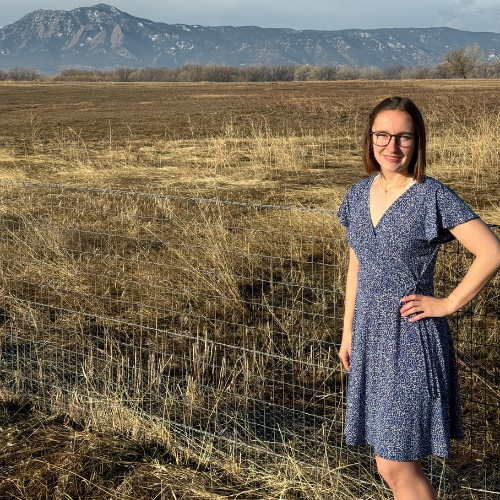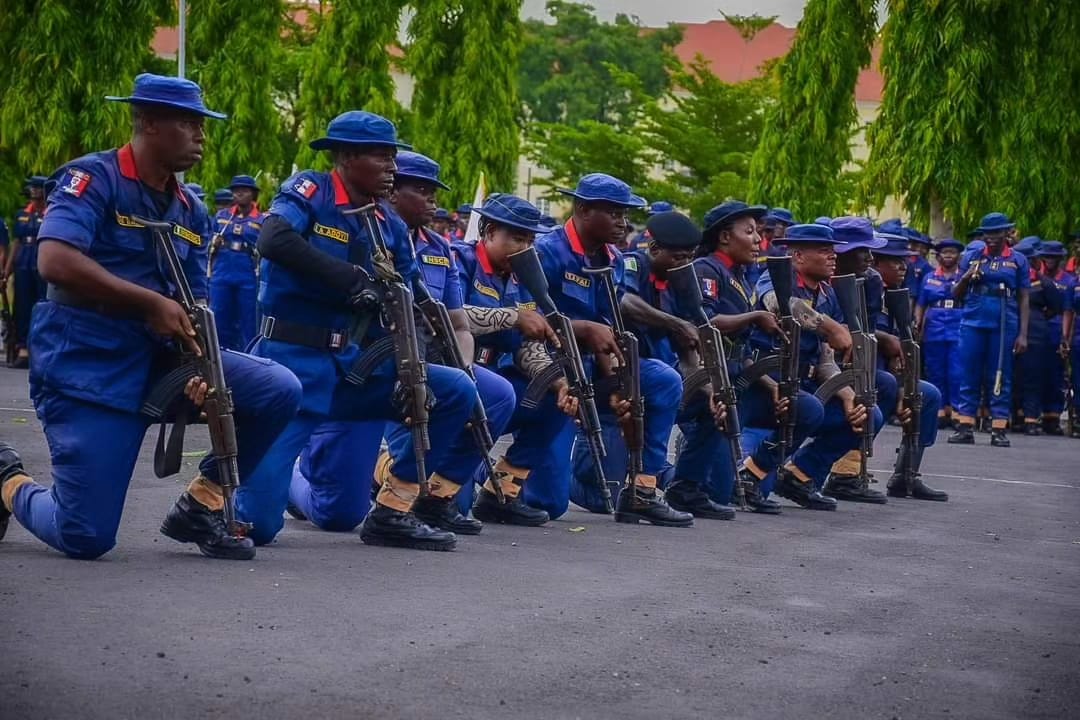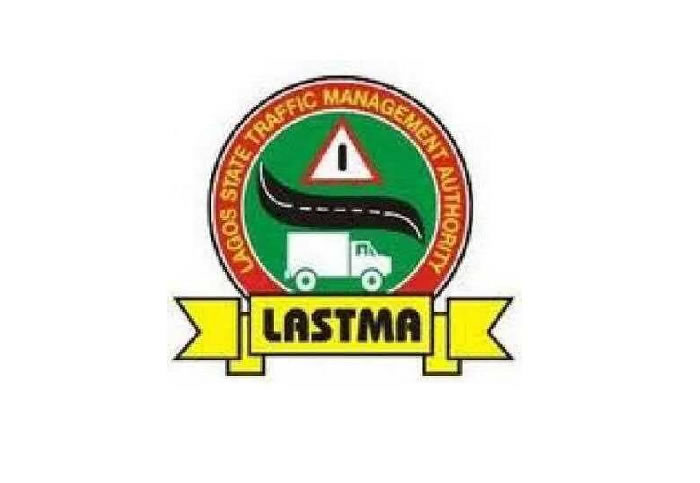Natural Hazards Center || Graduate Research Assistant Brigid Mark Receives National Science Foundation INTERN Award
Brigid Mark, a graduate research assistant at the Natural Hazards Center and data manager for the Social Science Extreme Events Research(SSEER) network, was recently selected as a National Science Foundation (NSF) Non-Academic Research Internships for Graduate Students(INTERN) awardee.
The NSF INTERN program is designed to help propel the nation’s leading doctoral students into public and private sector internships, ultimately preparing them for potential careers outside of academia. The supplemental funding associated with this award was made possible as part of Center Director Lori Peek’s NSF-supported CONVERGE grant.
Since beginning of the 2025 spring semester, Mark has maintained her work at the Natural Hazards Center while dedicating a portion of her time to work at the U.S. Geological Survey(USGS). Mark, who will continue at the USGS through this summer, said working with the agency has catalyzed her learning and professional development.

Brigid Mark in Boulder, CO
“In my studies, I’ve had the chance to write and think about the importance of social science. Now, with this internship, I’ve had the opportunity to apply my knowledge to create tangible decision-making materials, which will be useful in any future job I hold,” Mark said.
Mark has been working closely with social scientists at the USGS Earthquake Center in nearby Golden, Colorado, and the USGS Natural Hazards Mission Area in Reston, Virginia, which collaborates with partners —including academic institutions like the University of Colorado Boulder— to monitor, assess, and conduct targeted research on a wide range of natural hazards. This research, in turn, helps policymakers and the public enhance preparedness, response, and resilience.
Since 2017, the Natural Hazards Center and the USGS have come together for several projects, including a research initiative launched following Hurricane Maria in 2017, which culminated in the publication of a Landslide Guide for Residents of Puerto Rico. Later, the Center, with the support of USGS, developed a CONVERGE Training Module focused on Reciprocity in Hazards and Disaster Research, which has been completed by hundreds of students and early career professionals globally.
Center director Dr. Lori Peek has been guiding Mark’s internship experience as an academic mentor and research supervisor, along with long-time USGS collaborators Dr. Alice Pennaz, Dr. Jack Friedman, and Dr. Sara McBride at the USGS.
“I’m so thrilled that Brigid has had this opportunity to work so closely with the talented scientists at the USGS,” said Peek. “This is giving her the opportunity to collaborate directly with leading federal scientists while also learning about the power and potential of public service.”
One of Mark’s primary goals as she continues her internship will be working with USGS social scientists to increase the useability of agency science and tools to make all people safer from hazards. For example, Mark is identifying ways to better highlight existing resources on federal agency websites, while considering future directions for user-centered USGS hazard safety tools. She is also compiling best practices for tribal nation engagement, based on conversations and existing literature. In this internship, she is drawing on social science expertise and qualitative and quantitative research skills she’s developed through her graduate coursework in the CU Department of Sociology.
With the support of the NSF INTERN program, Mark said she has forged valuable connections, developed new technical skills to supplement her social science and interdisciplinary research training, and gained insights related to future career possibilities.
“My work at USGS has pushed me to ask and answer different types of questions about how we can translate scientific insights into real-world practices that increase the safety and well-being of people living with hazards across the nation.”
Mark is the third student from the Natural Hazards Center and the Sociology doctoral program at the University of Colorado Boulder to be selected for the NSF INTERN Award, which encourages graduate students to consider the new and creative ways that their research interests align with emerging skillsets and technologies.
“These investments from the National Science Foundation have been transformative,” said Peek. “They have led to a deepened academic-federal partnership, and they allowed Brigid to have this rare and special opportunity during her graduate studies. I know she will carry the lessons forward and do many great things from here.”
This award is supported by the National Science Foundation (NSF Award #1841338). Any opinions, findings, conclusions, or recommendations expressed in this material are those of the author(s) and do not necessarily reflect the views of the NSF.











